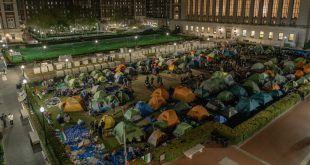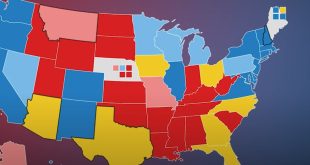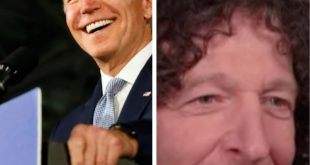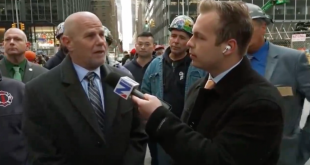Study after study, including by Mr. Trump’s own Justice Department, has concluded no widespread fraud exists.
“In this country, if the people who win elections want to hold onto power, they need to perform well, pass sound policies and earn the support of the voters again,” said Senator Mitch McConnell, Republican of Kentucky and the minority leader. “House Democrats do not get to take their razor-thin majority — which voters just shrunk — and use it to steamroll states and localities to try and prevent themselves from losing even more seats next time.”
For now, Republicans appear to have the upper hand.
States under conservative control have succeeded in recent years in imposing new strictures that studies suggest disproportionately affect Black voters and those living in urban areas. Proponents argue that the steps are necessary to combat potential election fraud. But the effort has been turbocharged in some places since Mr. Trump’s loss, with states racing to strengthen voter ID laws, to make it harder to vote by mail or vote early, and to limit the role outside groups can play in helping Americans vote.
And on Tuesday, the conservative-dominated Supreme Court signaled it was likely to uphold two restrictive Arizona election measures and potentially chip away further at the Voting Rights Act of 1965. A 2013 ruling by the justices struck down key enforcement provisions in the law and helped pave the way for the success of many Republican-led states in putting in place new rules.
All told, state lawmakers have introduced more than 250 bills in 43 states that would tighten voting rules, according to the Brennan Center for Justice at New York University. The most prominent may be Georgia, where Republican leaders reeling from Democrats’ unexpected statewide victories have unabashedly sought to clamp down on ballot access by advancing sharp limits to voting by mail and early voting on Sundays, when many Black voters cast ballots after church services.
“Standing in line to vote is not voter suppression,” Representative Marjorie Taylor Greene, a Republican from the state, said on Wednesday during the debate in Washington. “It’s just part of the voting process. Just like people stand in line to buy groceries at the grocery store.”
H.R. 1’s voting provisions were originally drafted by Representative John Lewis, the Georgia Democrat and civil rights icon who died last year.
 Top Naija News: Nigerian News, Breaking News Nigeria and World News Top Naija News is a daily news publication in Nigeria, delivering the latest breaking news in Nigeria and around the world.
Top Naija News: Nigerian News, Breaking News Nigeria and World News Top Naija News is a daily news publication in Nigeria, delivering the latest breaking news in Nigeria and around the world.



